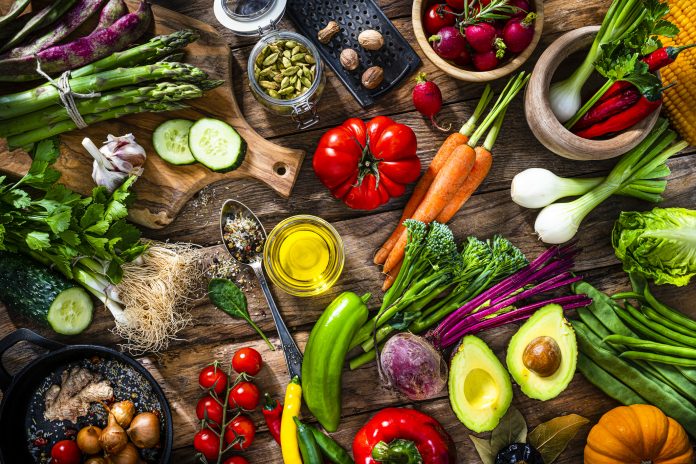
The popularity of plant-based diets has increased in recent years, mainly driven by environmental and animal welfare concerns. But how do they affect people’s health during pregnancy?
However, with more and more people adopting these diets, a new perspective observational study raises questions about the potential consequences of following these diets during pregnancy.
Do these diets hurt pregnancy?
The Danish National Birth Cohort conducted a study to investigate the relationship between various plant-based diets and birth outcomes and pregnancy complications.
The study, containing 66,738 pregnancies with sufficient dietary data, revealed that 98.7% of participants identified as omnivorous, eating both animal and vegetable substances. The remaining 1.3% included 666 fish/poultry vegetarians, 183 lacto/ovo-vegetarians, and 18 vegans.
Dietary assessments in gestational week 25 categorised women based on their self-reported diets in gestational week 30.
Protein intake was significantly lower among lacto/ovo-vegetarians (13.3%) and vegans (10.4%) compared to omnivorous participants (15.4%).
Micronutrient intake was also notably lower among vegans. However, no major differences were observed when dietary supplements were factored in. Despite this, the study found concerning associations between vegan diets during pregnancy and adverse outcomes.
Having a vegan diet during pregnancy
Vegan mothers were found to have a higher prevalence of preeclampsia, a serious pregnancy complication characterised by high blood pressure. Their newborns had an average birth weight of 240 grams less than those born to omnivorous mothers.
The findings encourage a closer examination of the potential impact of plant-based diets on pregnancy and birth outcomes. The researchers emphasise the need for further investigation to establish a clearer understanding of the causality between plant-based diets and these outcomes, suggesting that additional research is necessary to strengthen the basis for dietary recommendations.
Concerns over plant-based diets
As plant-based diets continue to gain popularity, especially among expectant mothers, healthcare professionals may need to provide tailored guidance to ensure optimal maternal and fetal health.
While the study does not conclusively establish a causal relationship, it highlights the importance of considering nutritional aspects when following restrictive diets during pregnancy.
The study highlights the potential risks associated with vegan diets during pregnancy, including a higher prevalence of preeclampsia and lower birth weight.
As the number of individuals embracing plant-based lifestyles grows, it becomes critical to further explore and understand the implications of dietary choices, particularly during pregnancy.
